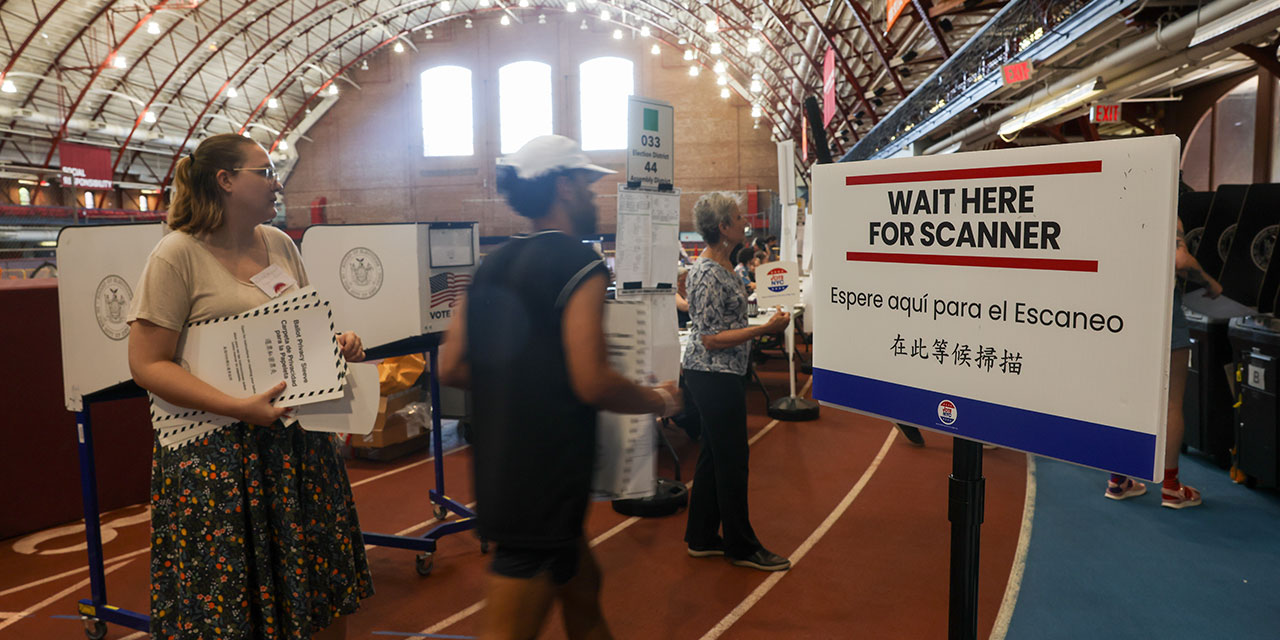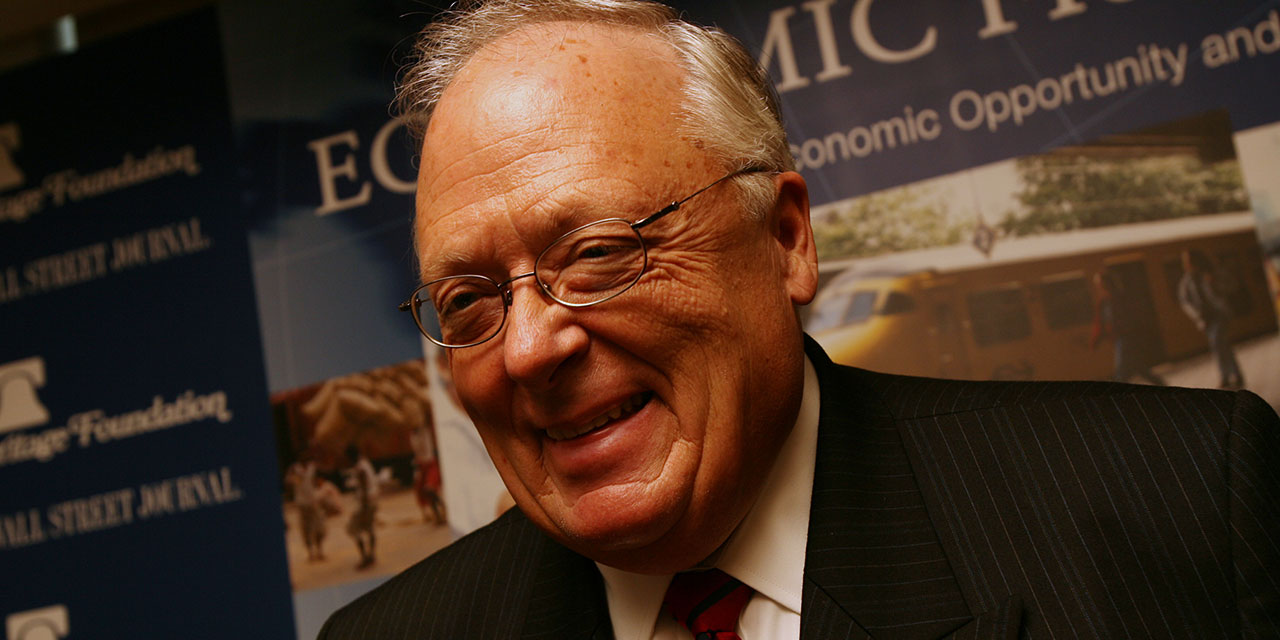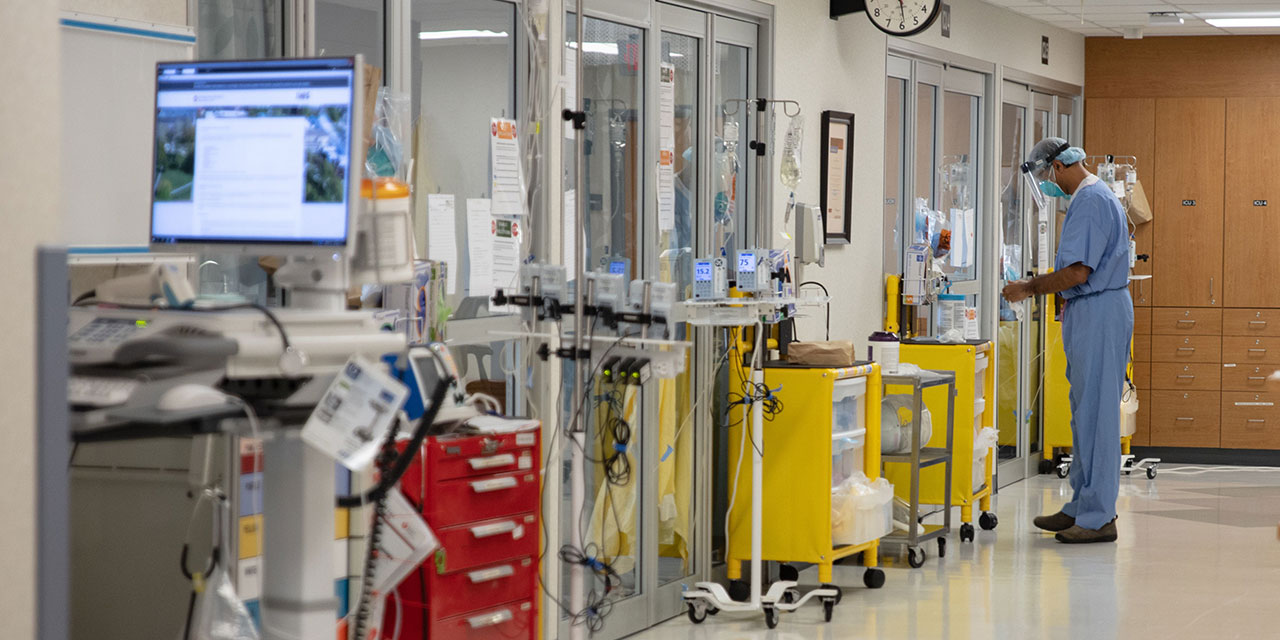When Justin Trudeau announced his plans to resign yesterday, he was not only marking an end to his time as prime minister of Canada. He was also tolling a bell for the project of social-justice progressivism in the Great White North.
The past ten years have presented a sharp political contrast between Canada and its southern neighbor. While American politics has been roiled by a resurgent populism, personified by Donald Trump, the Canadian Left has been able to rebuff populist challenges. Trudeau’s Liberal Party triumphantly won power in the 2015 election, and he wrangled minority governments out of the hard-fought 2019 and 2021 elections.
Finally, a reason to check your email.
Sign up for our free newsletter today.
As prime minister, Trudeau was a tribune for left-wing economic and social policies. He raised taxes on the wealthy, expanded subsidies for daycare, and laid out an ambitious “green” agenda. The Canadian federal deficit has exploded on Trudeau’s watch, though it remains well below U.S. levels. On cultural politics, Canada nears the pinnacle of “wokeness.” The nation’s “equity” policies for hiring allow for racial and gender set-asides that would likely be illegal in the United States. For instance, applications for a research chair in climate change at the University of Waterloo in 2022 were “restricted to those who self-identify as women, transgender, non-binary or two spirit.” When he faced protests from truckers opposed to vaccine mandates and other Covid-19 policies, Trudeau invoked the Emergencies Act for the first time in Canadian history to assume extraordinary powers and debank protesters—a decision for which a Canadian judge recently rebuked him.
Trudeau dramatically expanded immigration, particularly after the Covid pandemic. The annual number of permanent residents immigrating to Canada jumped from 260,000 in 2014 to over 470,000 in 2023. Canada’s population totals only about 40 million people; the nation has been admitting close to 1 percent of its current population as immigrants per year. The number of guest-workers and other temporary residents has also swelled.
Squeezed by inflation, Canada is now also in the grips of a cost-of-living crisis. Throughout much of the twenty-first century, the real GDP per capita of the United States and Canada grew at about the same rate (though Canada started from a lower baseline). Under Trudeau, that growth stalled out. In 2015, the average United States resident made about 22 percent more than the average Canadian. By 2022, the U.S. advantage had risen to 30 percent. And Canada has fallen behind globally, too. Its per capita income used to outpace the average for the OECD (a grouping of developed countries). It now has fallen below the OECD average. An expansion of immigration combined with sluggish growth has led to diminished living standards and set Trudeau’s Liberals up for political repudiation.
Trudeau’s career undercuts arguments from progressives that something is uniquely undemocratic about the Electoral College or the U.S. political system in general. Though the Liberals won a smaller portion of the “popular vote” than the Canadian Conservatives in both 2019 and 2021, they nevertheless took the greatest number of seats in the Canadian parliament and were able to assemble back-to-back minority governments.
Polls now give the Conservative party, led by the buoyant Pierre Poilievre, a considerable advantage over Liberals. Often characterized as a populist, Poilievre has pledged a spirited correction to Trudeau’s social-justice drift. He promises to slash taxes, expand mining for rare earths and other minerals, reduce migration, and cut costs facing Canadian families. While Poilievre lacks the flamboyance of Trump or other populist U.S. Republicans (this is Canada, after all), he offered some of the same prescriptions as his American cousins: expand energy production, encourage economic dynamism, and prioritize how government can deliver for working people.
Trudeau’s announcement, meantime, gives Liberals some time to reset the board. Trudeau has said that he will stay on as prime minister and Liberal leader until the party chooses a successor in March. His decision has also paralyzed the Canadian parliament, which is now suspended until March 24. Liberals might hope that a different face in leadership could fare better against Conservatives in the next general election.
In a moment of natural symbolism too blunt for fiction, the wind snatched away some of the papers on Trudeau’s podium just as he was about to make his announcement. The past six months have seen three Anglophone incumbents dispatched: Rishi Sunak in the United Kingdom, Joe Biden (and then Kamala Harris) in the United States, and Trudeau in Canada. All three found themselves swept by the disruptions of the post-pandemic economy, but their own policy choices worsened their political prospects. And the failure of all three intersects with the rise of populism in some sense. Sunak’s Conservatives never really grappled with the realities of their new populist coalition and ran into an electoral shredder. Biden embraced policies on identity, immigration, and spending that deepened the dissatisfactions that have driven populism. And Trudeau’s supposed progressive bulwark against populism crumbled from within.
Photo by DAVE CHAN/AFP via Getty Images




